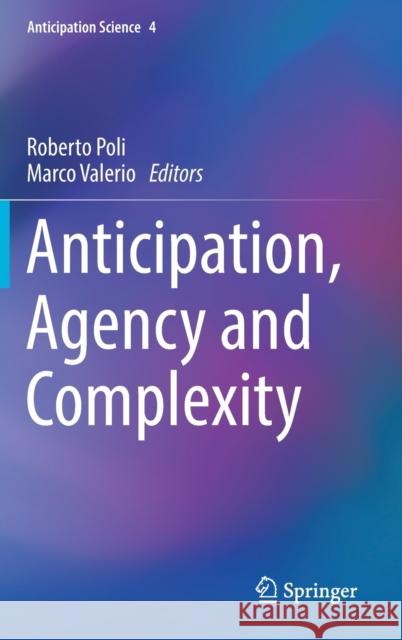Anticipation, Agency and Complexity » książka
topmenu
Anticipation, Agency and Complexity
ISBN-13: 9783030036225 / Angielski / Twarda / 2019 / 194 str.
Kategorie BISAC:
Wydawca:
Springer
Seria wydawnicza:
Język:
Angielski
ISBN-13:
9783030036225
Rok wydania:
2019
Wydanie:
2019
Ilość stron:
194
Waga:
0.46 kg
Wymiary:
23.39 x 15.6 x 1.27
Oprawa:
Twarda
Wolumenów:
01
Dodatkowe informacje:
Wydanie ilustrowane











